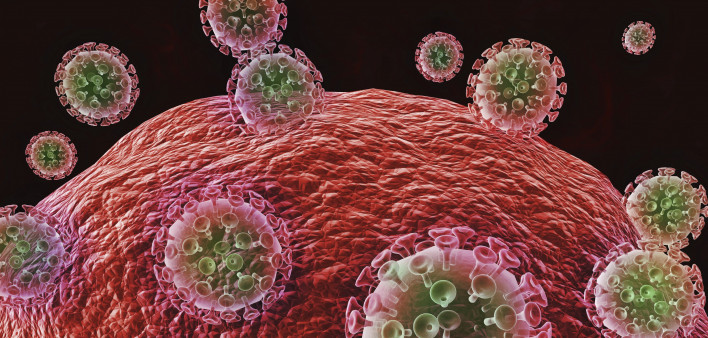After demonstrating impressive results in monkeys, an antibody treatment has failed to induce a state of viral remission in a small group of humans with HIV after they stopped their standard antiretroviral (ARV) treatment, Science magazine reports.
In October 2016, researchers published in the journal Science results from a trial in which 18 rhesus macaques were infected with a simian version of HIV called SIV and after five weeks put on three months of ARV treatment. Then some were given fusions of an antibody treatment similar to the Crohn’s disease drug Entyvio (vedolizumab), which was designed to work against an immune-cell receptor on the surface of CD4 cells known as α4β7 integrin.
Of the 15 animals included in the paper’s analysis, eight received the antibody treatments. After the researchers discontinued ARV treatment in all the animals, the seven control animals experienced a rebounded viral load. Of the eight monkeys in the antibody treatment group, six experienced a temporary rebound of their viral load; within four weeks their immune system controlled the virus. The other two monkeys in this group did not experience a viral rebound.
The monkeys in the antibody treatment group went on to sustain a fully suppressed viral load for as long as 23 months after stopping all treatment.
Researchers then launched a small, early human trial, primarily concerned with safety but also concerned with whether the 18 participants would experience similar success in controlling HIV while off treatment.
Findings from this human trial were presented at the International AIDS Conference in Amsterdam (AIDS 2018).
Unlike the monkeys, which were newly infected, the human trial participants had all been living with HIV for an extended period and needed to have maintained an undetectable viral load for at least two years to enter the study. While staying on their ARVs, they received nine infusions of Entyvio.
After stopping all treatments among the participants, the researchers found that HIV rebounded in 16 of the group of 18.
Meanwhile, another team of researchers attempted to repeat the success of the previous monkey experiment but was unable to achieve similar results. At AIDS 2018, the researchers shared their conclusion that the first group’s success on this count might have been a fluke.
To read the Science magazine article, click here.







1 Comment
1 Comment